
- Homepage
- Binding
- 1 / 2 Leather (2)
- 3 / 4 Leather (2)
- Brochure / Pamphlet (4)
- Cloth (87)
- Disbound (3)
- Fine Binding (52)
- Hard Back (2)
- Hard Cover (4)
- Hardback (6)
- Hardcover (891)
- Hardcover Sheepskin (2)
- Hardcover W / Jacket (5)
- Hardcovers (2)
- Leather (258)
- Original Blue Cloth (2)
- Quarter Leather (3)
- Softcover (3)
- Softcover, Wraps (42)
- ... (3552)
- Composition
- Fineness
- Language
- Region
- Theme
CIVIL WAR/SET Robert E. Lee, Douglas Freeman 1936 Scribners Pulitzer Prize Ed

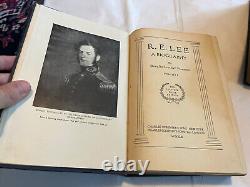
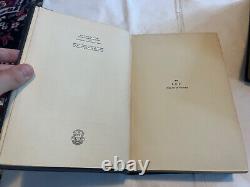
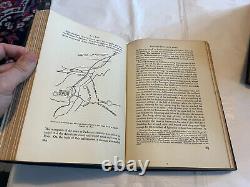
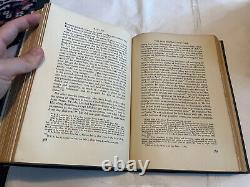
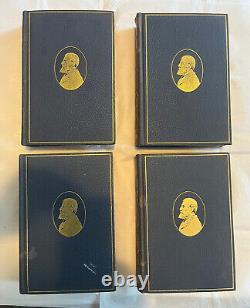



Four-volume Pulitzer Prize Edition, 1936. (May 16, 1886 - June 13, 1953) was an American historian, biographer, newspaper editor, radio commentator, and author. He is best known for his multi-volume biographies of. For both of which he was awarded. Following the immediate critical success of Lee's Dispatches, Freeman was approached by New York publisher Charles Scribner's Sons.
And invited to write a biography of Robert E. Freeman accepted but chose to retain his position at The Richmond News Leader and work longer days to work on the biography. Freeman's research of Lee was exhaustive. He evaluated and cataloged every item about Lee, and he reviewed records at West Point and the War Department and material in private collections.
In narrating the general's Civil War years, he used what came to be known as the fog of war. Technique, providing readers only the limited information that Lee himself had at a given moment. That helped convey the confusion of war that Lee experienced as well as the processes by which Lee grappled with problems and made decisions. Lee: A Biography was published in four volumes in 1934 and 1935. In its book review, The New York Times declared it Lee complete for all time. Wrote, Great as my personal expectations were, the realization far surpassed them. In 1935, Freeman was awarded the Pulitzer Prize. Lee: A Biography established the Virginia School of Civil War scholarship, an approach to writing Civil War history that concentrated on the Eastern Theater of the war, focused the narrative on generals over the common soldier, centered the analysis on military campaigns over social and political events, and treated his Confederate subjects with sympathy. This approach to writing Civil War history would lead some critics to label Freeman a Lost Cause. Historian, an allusion to the literary and intellectual movement that sought to reconcile the traditional white society of the South to the defeat of the Confederate States of America. Freeman began work on his biography of Lee in 1926; by the time he had completed his four volume work in 1933, he had committed some 6,100 hours to the effort.
